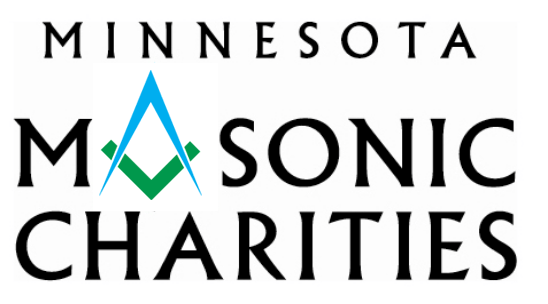Throughout my time working as a speech language pathologist, I have often heard parents comment, “Oh, our last speech therapist just played with our son” or “it wasn’t real speech therapy, they just played together”. I think in our society it’s easy to visualize speech and language therapy as it is portrayed in the movies or as we remember it from our past – drill, drill, practice, and more boring practice; however…PLAY is how children learn best!
Here is a quote from Fred Rogers – “Play is often talked about as if it were a relief from serious learning. But for children, play is serious learning. Play is really the work of children.”
Just as the quote above indicates, play is vitally important in the development of children, and children of all ages need play. Play helps children develop in all ways – cognitively, emotionally, physically, socially, AND communicatively! Play skills develop at the same time as language skills.
How does play help with learning language?
- Play mimics communication. Play interactions go back and forth just like conversations. Think about rolling a ball together or a car back and forth – it takes two or more participants, just like conversations.
- Cause and effect. Play teaches cause and effect in real life situations. Think about building a tower with blocks. Once the tower is built your child pushes it and it falls down. Cause and effect. Cause and effect for communication looks a little different – your child indicates what he/she wants and you respond. Cause and effect.
- Play helps with joint attention. Joint attention is the skill where two or more people are focused on the same thing. Joint attention is an important early language skill and it happens naturally in play. Purposeful communication cannot happen without two people being engaged in the same topic.
- Motivation. Play is a highly motivating and low pressure experience for children. Children are able to learn and remember more readily when the learning is fun. Play makes language learning meaningful and relevant to our children’s lives.
- Play increases vocabulary. Play incorporates new sounds and words for your child while connecting them with real life objects.
- Play increases problem solving skills.
How can I help my child during play?
- Follow their lead. Let your child explore and watch carefully for what they are interested in playing with and talking about. Your child will be more likely to communicate with you when it is something they are interested in.
- Label toys, objects, and actions. As your child plays, use simple phrases to talk about the things they are playing with and what they are doing. Label your child’s actions (i.e. pushing the car) and your own actions as you play.
- Decrease the number of questions you ask your child during play. Questions are important when we need to gain unknown information. When questions are used to test our children (i.e. “what does a dog say”) it can cause a lot of pressure for our young children who are just learning how to talk. Instead, talk about what is going on in the play. Think about and comment on what you see, hear, feel, or smell.
- Teach your child by modeling. You can model actions and words.
- Expand on your child’s statements. If your child is using one word utterances, take what they say and model a two word statement. For example, if your child says, “dog” you could say, “big dog” or “noisy dog”.
- Create a need for your child to communicate. Wait for your child to indicate they need help. Wait for your child to ask for more when in the middle of a back and forth activity.
- Add in fun sounds. This will provide opportunities for your child to practice combining new sounds together.
All in all this is good news! Play is fun! Working on language skills with your child does not have to be boring and it can easily happen every day. Have fun together and remember that a child’s most important work is play.
Danielle Davis, CCC-SLP





